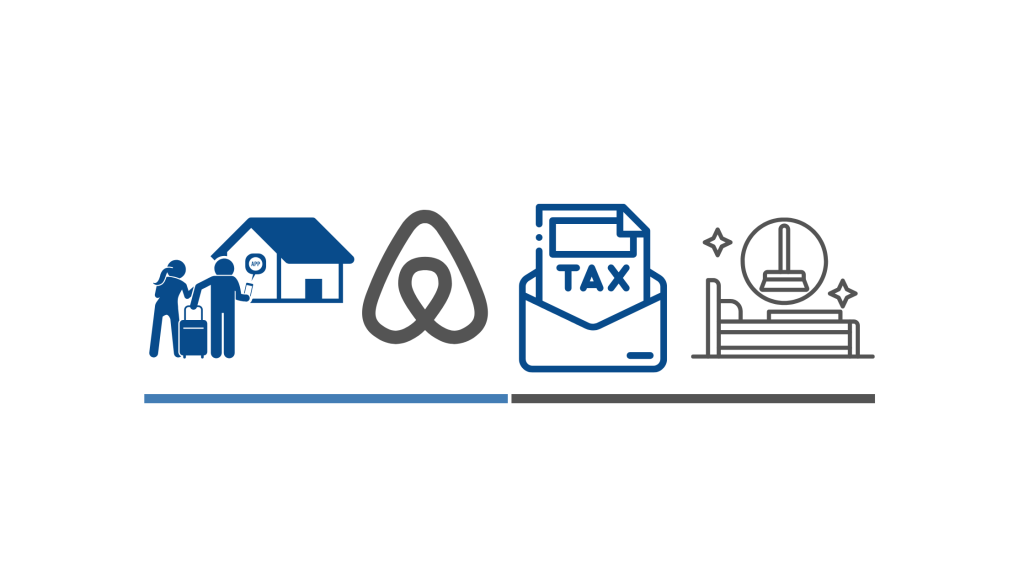Short-term rentals through platforms like Airbnb have become increasingly popular, providing hosts with a lucrative way to earn income. However, with this opportunity comes the responsibility of understanding and managing the associated tax obligations. This guide will walk you through the essential aspects of short-term rental taxes to help you stay compliant and maximize your benefits.
Reporting short-term rental income
When you rent out your property on Airbnb, the income you earn is considered taxable and must be reported to the Australian Taxation Office (ATO).
Classifying rental income
- Active vs Passive Income: Your rental income classification depends on your level of involvement in managing the property. Active involvement may have different tax implications compared to passive income.
Determining rental days vs personal use
- If the property is used both personally and as a rental, only the rental portion of expenses can be deducted. Accurate record-keeping of rental days versus personal use is essential.
Reporting on tax returns
- Report your rental income and expenses on your annual tax return. In Australia, rental income is typically declared under the “Rental Property” section.
Allowable deductions for Airbnb hosts
As an Airbnb host, you may be eligible to claim a range of deductions to reduce your taxable income.
Common deductible expenses:
- Mortgage interest or rent: Deduct the portion related to the rental use of your property.
- Utilities: Expenses such as electricity, water, and internet used by guests.
- Cleaning and maintenance: Costs for cleaning services, repairs, and upkeep.
- Insurance premiums: Deduct premiums for rental property insurance.
- Depreciation: Claim depreciation for furniture, appliances, and the property itself.
Travel and vehicle expenses
- Deduct travel costs incurred for managing or maintaining the rental property.
- Track mileage and related expenses for vehicle use associated with the rental.
Tax considerations for multiple properties
If you own and manage multiple Airbnb properties, you’ll need to:
- Aggregate income and expenses across all properties.
- Understand how managing multiple properties impacts your eligibility for certain deductions.
- Stay organized to avoid missing deductible expenses.
Preparing for tax time
To make tax season smoother:
- Maintain detailed records: Keep receipts, invoices, and documentation of all income and expenses.
- Leverage technology: Use accounting software to track and organize rental-related finances.
- Consult a tax professional: A tax advisor can help navigate complex tax laws and identify additional deductions.
Proactive tax planning is crucial for Airbnb hosts to stay compliant and make the most of their rental income. Understanding the tax implications, allowable deductions, and local requirements can save you time and money.
Consult a qualified tax professional to ensure you’re meeting your tax obligations and maximizing your deductions. Stay informed about changes in short-term rental tax laws to avoid surprises and protect your earnings.



